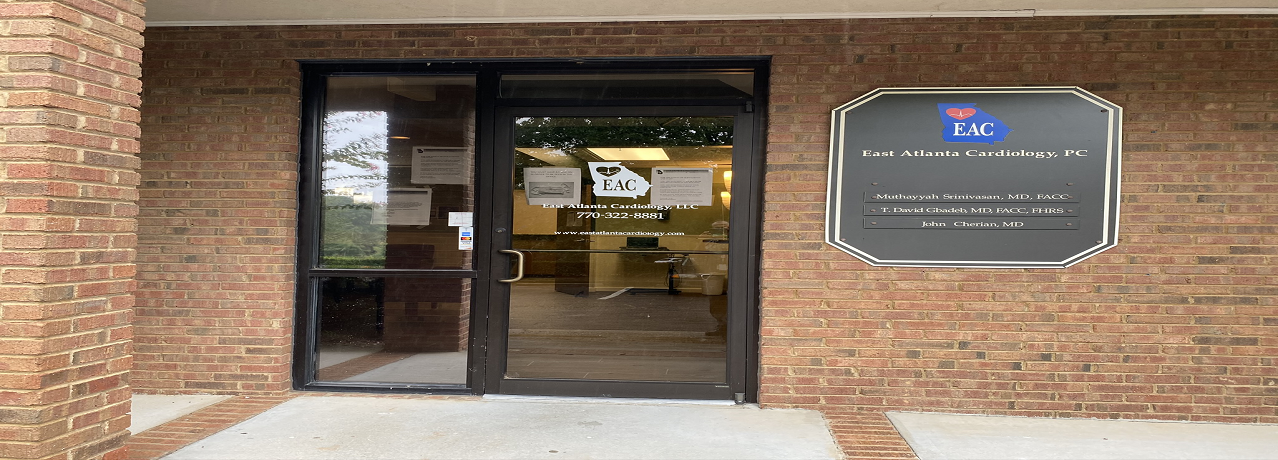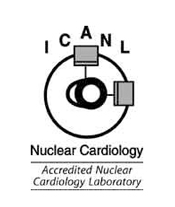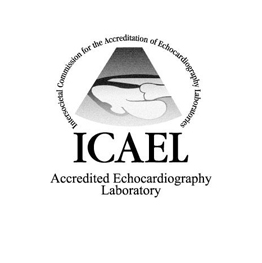

A stress test is a procedure that measures how well the heart responds to exercise. It is performed by walking on the treadmill while connected to an ECG monitor. If a person is unable to walk on the treadmill or exercise for very long, he or she will be rescheduled for a chemical stress test.
Do not eat or drink after midnight. Do not take your normal medications in the morning, but bring them with you to the test. Be sure to wear comfortable shoes such as tennis shoes; no flip flops or heals should be worn. Do not wear any lotion on the day of your test.
The stress technician will apply EKG leads to your chest and take your blood pressure. You will begin to walk on the treadmill, which runs at a set rate that changes every 3 minutes, increasing in speed and incline each time. Most people last between 6 and 12 minutes. The test will last until you reach a certain heart rate that is calculated by your age, or if you are tired to go on. A health care professional will monitor your heart rhythm and take your blood pressure frequently throughout the test. You are free to stop the stress test if you feel you cannot go any longer. However, if your heart rate does not increase high enough, you may be asked to return for a chemical stress test.
A chemical stress test is similar to a walking stress test in that it is used to monitor a person's heart response to stress. ECG and blood pressure monitoring are done frequently throughout the test. Instead of walking on a treadmill, a person has a medication called Lexiscan injected into an IV that stresses the heart in a similar way the exercise dose. Lexiscan can cause temporary symptoms such as chest pain, shortness of breath, a flushing sensation and headache. These symptoms usually only last a short time as the medication only lasts for three minutes in the body. In addition to not eating or drinking after midnight, a person must avoid all caffeine products for 24 hours prior to taking the nuclear stress test.

